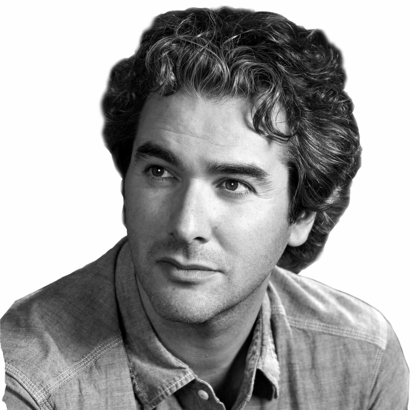As protesters and police clashed across the country over the past months, one TV channel has been broadcasting the chaos with an unseemly glee. It languishes at the bottom of your cable package, amidst such fuzzy foreign news services as France 24, CNC, and Press TV; however, it has a style very much its own.
One minute it will be praising the righteous protesters “battling injustice against racial capitalism in the hands of a militant police force,” the next it will be condemning “woke culture intensifying cringy prostration and humiliation rituals that can be traced back to the Maoist Cultural Revolution,” all the while seeding distrust not just in the U.S. government but in the country’s scientific institutions, its economic centers, and the foundations of democracy itself. Its hosts include Sean Stone, the son of filmmaker Oliver Stone, and Tyrel Ventura, the son of the former wrestling governor Jesse Ventura, Larry King—still alive, and newly single—and dozens of other half-forgotten TV anchors and quarter-remembered journalists. Welcome to RT America, the last bastion of the once-was and almost-were, but also an ominous sign of the what-will-be.


